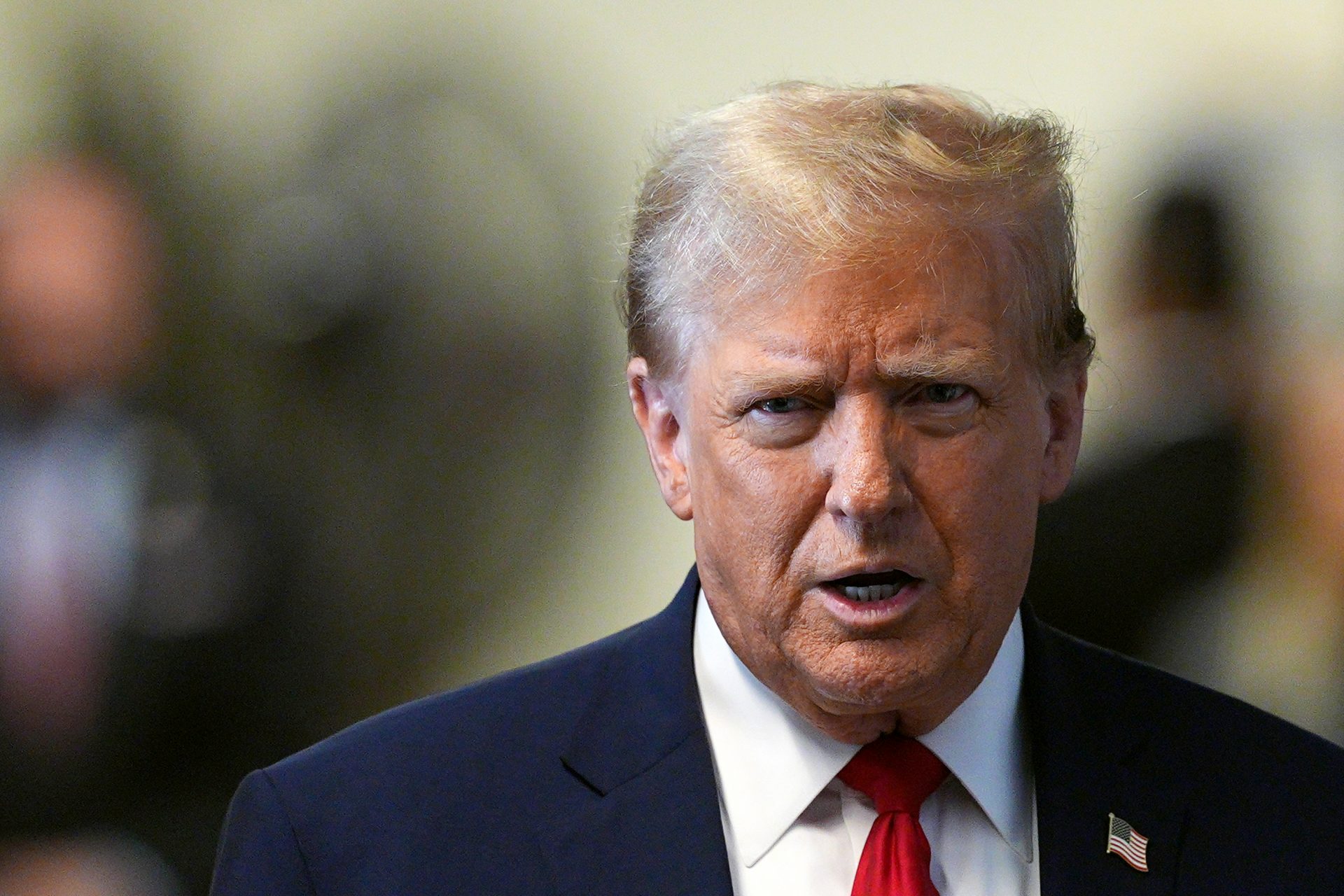Cheating Uncle Sam: These are some tricks US billionaires use to avoid paying taxes
Investigative news website ProPublica published in 2021 an in-depth piece going through the tax files of some of the wealthiest men in the world, such as Jeff Bezos, Michael Bloomberg, George Soros, and Elon Musk.
They also uncovered some of the tricks they use to avoid giving back their fair share to the United States government. Here are some of them.
Jeff Bezos, regarded as the richest person alive, paid an income tax rate of less than 1% between 2014 and 2018 of his reported income of 4,2 billion US dollars, per ProPublica data.
In comparison, the median US household paid 14% in income taxes in 2021, with the highest tax rate being 37%.
With the aid of deductions and losses from side investments, Bezos claimed that he lost money in 2011 and even received a tax credit for his children. Forbes reports that the Amazon founder made 127 billion US dollars during that time.
Hungarian-born financial investor and philanthropist George Soros, meanwhile, paid no income federal taxes for three years in a row, according to ProPublica.
A representative of Soros stated to PropPublica that Soros did not pay income taxes due to his losses during that time and that the billionaire “has long supported higher taxes for wealthy Americans.”
There are many common and legal ways to circumnavigate taxes in the United States without taking a trip to Switzerland, Andorra, or Panama (pictured). The US tax system, unlike many European countries, doesn't focus on the sum of assets but on income.
Regular people generally have to take a loan out of necessity. For the rich, it can be a helpful loophole. Forbes reports that the Internal Revenue Service (IRS), the agency that collects taxes in the US, doesn’t consider loans income and therefore they aren't taxed. The strategy is summed up in the mantra: “Buy, Borrow and Die.”
Another strategy is company shares. Taxes apply to profit and wages. However, you can’t tax stock holdings that haven’t been cashed in, as they technically have yet to yield dividends. Many US companies have stock options for employees at higher levels. No wonder Wall Street is such a popular place!
Dividends are the periodical earnings generated by stocks. In theory, they are a portion of the company’s profit. However, many companies eschew paying dividends to their shareholders, investing the profit directly into their growth. This keeps the value of the shares up and certain taxes at bay.
Some of the biggest companies listed on Investopedia as not offering dividends to their shareholders are tech giants such as Alphabet (parent company of Google), Amazon, Meta (formerly Facebook), and Tesla. Apple and Microsoft are notable exceptions.
Economists Emmanuel Saez and Gabriel Zucman from the University of California in Berkeley claim that half of the money of US billionaires is in company stocks, which are regarded as “unrealized gains”. Stocks dividends, bonds, and other investments are generally taxed at a much lower rate than wages.
The Washington Post reported in 2014 that Facebook founder Mark Zuckerberg was just one out of many billionaires that had a symbolic salary equal to one US dollar.
Others that have done the same are Twitter’s Jack Dorsey and late Apple CEO Steve Jobs, pictured here in 2007.
Elon Musk doesn’t even have a salary from his company Tesla. On November 2021, he tweeted the following: “I do not take a cash salary or bonus from anywhere. I only have stock, thus the only way for me to pay taxes personally is to sell stock.”
Some US politicians have tried to change the landscape. The most recent idea was a “Billionaire tax plan” proposed by Democratic senator Ron Wyden in October 2020. Forbes reports that it would have made roughly 600 of the wealthiest taxpayers in the country pay for their unrealized gains, such as shares.
“There are two tax codes in America,” Senator Wyden said, as quoted by The New York Times. “One that’s mandatory for workers and one that’s voluntary for billionaires.”
After it failed to pass, The Biden Administration tried to dial back rates and numbers while preserving the spirit of the proposal to face a Republican-leaning House of Representatives. However, this didn't help either.
Even so, CNBC described Biden's billionaire tax as “dead on arrival”, with Democratic-leaning lobbyists putting pressure on their allies in Congress to ensure that it would never pass.
What is true is that people like Jeff Bezos and Elon Musk won't have anything to worry about for the foreseeable future.
More for you
Top Stories


































